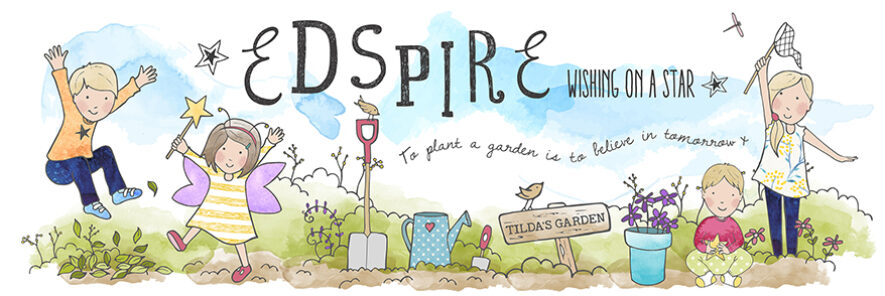This is a sponsored post
As a British child who grew up in Cyprus and Germany
One of the things that played a prominent part in my education
My childhood
Was learning a language and learning about different cultures
We lived in Cyprus when I was 6 years old for three years
I never knew a huge amount of Greek
But the little I knew I still remember now
I wish that I had learned , been taught, more
I lived in Germany from the age of 10 to 24
And my German was very good by the time I left
Though I attended British military schools
We lived within a German community
I had German friends
Shopped in German shops
Went out to German pubs and clubs
Went to German cinema
Ate in German restaurants
Everything really
For the last couple of years
I worked for The British Consulate and was able to carry out my work in German
Something I cannot imagine being able to do now
But I think if I was back in Germany
The language would all come back
I hope so
I am going to try and encourage it back this year
As I start to teach my four children aged 3 to 10
To speak German
All four children are already learning Spanish
With a wonderful local tutor who they all adore
Their lessons are currently online
But the teacher makes them fun and interactive
With games, rhymes, stories and songs
She even gets them up dancing which they love
William and have also started learning some Latin together
Which we both really enjoy
If you are thinking of starting a language with your children
Or if you are already supporting your children in their language learning
Here are some tips
The ability to speak more than one language is a priceless asset. Children who grow up bilingual will be able to form connections with more people throughout their lives and will have more opportunities than those who only speak their native tongue, particularly when it comes to career options and travel. Childhood is the ideal time to start learning as children absorb information at a faster rate than those in later life. This being said, learning a new language takes dedication and perseverance at any age. To give your child the best chance of mastering a second language, an independent school in Hertfordshire has shared their top tips on how you can help them along.
Like any new skill, language acquisition takes a lot of practice. The more you expose your child to the target language the faster they will become familiar with it. If you speak the target language, this will, of course, give you an advantage, but don’t be discouraged if you don’t as this is the ideal time for you to learn too.
Start off by introducing key words and phrases and use them every single day. Get into the habit of saying ‘good morning’, ‘please’, and ‘thank you’, exclusively in the target language and then try and incorporate more and more phrases every few days. Little and often is the best motto when it comes to something like learning a new language.
The more exposure your child has to the target language the quicker they will become familiar with it and be able to identify key words and phrases. If your child is able to read and write you should label your furniture and other household items with sticky notes, so your child connects what they see with the appropriate word. Help your child write out a shopping list in the target language and then look for these items together in the supermarket, stating each word aloud when you find the correct item. As they become more familiar with basic vocabulary, they will feel more comfortable incorporating it into sentences and conversations.
Sing songs and nursery rhymes with younger children so they become familiar with the sound and pronunciation of the language, even if they are yet to discover what the words mean. Older children may benefit from watching a film in the target language, with English subtitles to help with their comprehension. Eventually, they will no longer need the subtitles.
If your child has a friend who is also learning the same language, perhaps encourage them to write letters to one another. You could also consider inviting them round for a study session (a zoom session while in lockdown!), as learning is always more enjoyable when it is done with someone else.
I think that learning a language can be great fun
And it really is such a valuable thing to do
And a great way to bond with your children if you learn together
William and I are finding that Latin is really helping us with English
And I definitely learned more German grammar than English as a child
There are lots of wonderful online programs and apps for language learning
And You Tube is full of fun videos including things like Peppa Pig in different languages
Which can teach you a surprising amount
Finding story books written in two languages is another great idea
Our tutor uses some of the Usborne That’s Not My books which the children love
What are your tips for helping children to learn a language?
We are looking forward to being able to travel again
So we can visit my parents in Spain and the children can all order their own ice creams!

